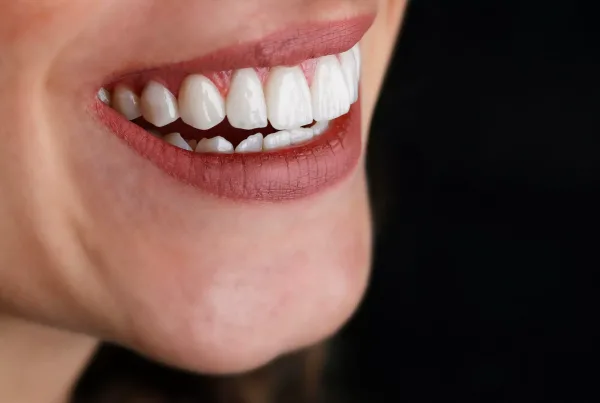A snoring appliance, also known as a snoring mouthpiece or snoring guard, is a dental device designed to help reduce or eliminate snoring during sleep. It is a non-invasive treatment option for individuals who snore due to certain anatomical or physiological factors that cause airway obstruction during sleep.
A snoring appliance typically works by repositioning the lower jaw (mandible) and/or tongue to help keep the airway open. This helps prevent the soft tissues at the back of the throat from collapsing and vibrating, which is a common cause of the sound of snoring.
Here’s how a snoring appliance should be used:
- Consultation: Before using a snoring appliance, it’s important to consult with a dentist or a medical professional who specializes in sleep medicine. They can evaluate your snoring and determine if a snoring appliance is appropriate for you.
- Customization: Snoring appliances are often custom-made to fit your mouth. Your dentist will take impressions of your teeth and jaw to create a device that fits comfortably and effectively.
- Proper Insertion: Insert the snoring appliance into your mouth according to the manufacturer’s instructions or your dentist’s guidance. The device is typically worn at night while you sleep.
- Adjustment Period: It may take some time to get used to wearing the snoring appliance. During the initial nights, you might experience a mild sensation of pressure or jaw discomfort. This usually subsides as you become accustomed to the appliance.
- Regular Usage: For the snoring appliance to be effective, it needs to be used consistently every night. Make it a part of your bedtime routine.
- Cleaning and Maintenance: Clean the snoring appliance regularly as instructed by your dentist. Proper hygiene will help prolong the lifespan of the device and ensure its effectiveness.
- Follow-Up: Regular follow-up appointments with your dentist or sleep specialist are important to monitor the effectiveness of the snoring appliance and make any necessary adjustments.
It’s important to note that while snoring appliances can be effective for some individuals, they may not work for everyone. The underlying causes of snoring can vary, and in some cases, more comprehensive treatments or interventions might be needed.
If you or your partner are experiencing disruptive snoring, it’s advisable to seek professional advice. A healthcare provider can help determine the underlying causes of snoring and recommend appropriate treatment options, which may include lifestyle changes, positional therapy, continuous positive airway pressure (CPAP) therapy, or other interventions based on individual needs.





